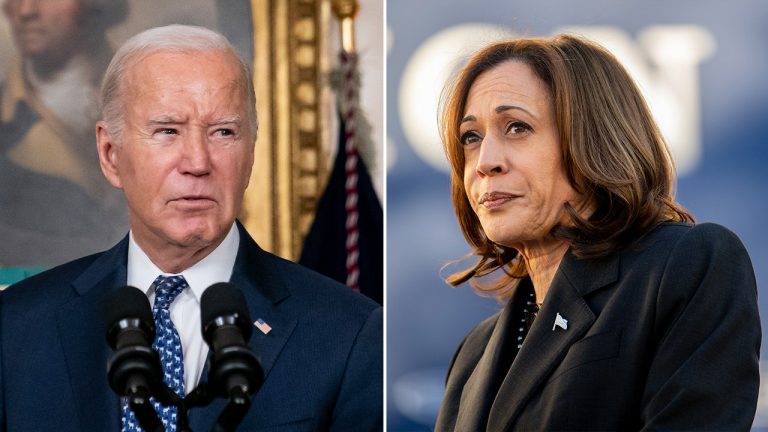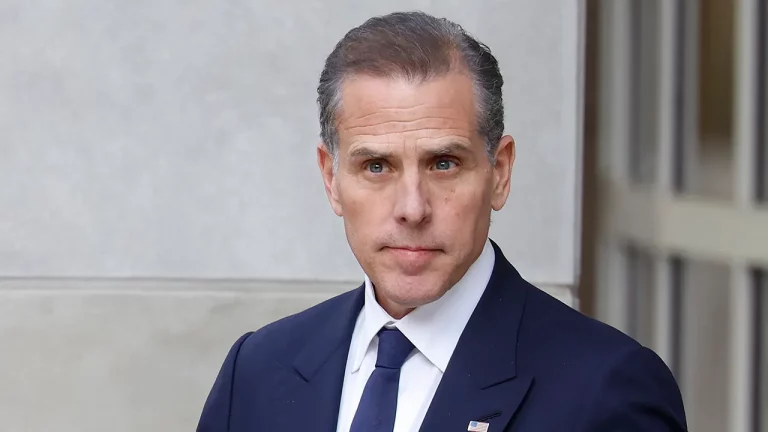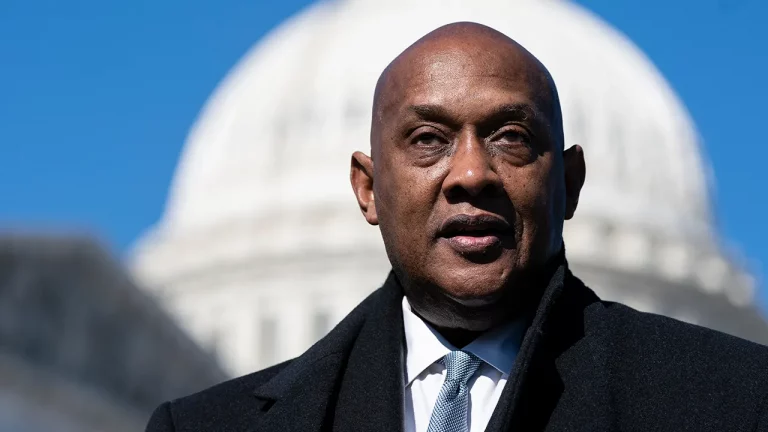Democrat super PAC funded by undisclosed donors intervenes in important Republican primary.
Democrats are once again meddling in a Republican primary, this time in Colorado’s 3rd Congressional District. A Democrat super PAC, Rocky Mountain Values PAC, funded by the left-wing dark money nonprofit Sixteen Thirty Fund, has injected over $300,000 to boost former Republican state Rep. Ron Hanks in a six-way primary race. The move aims to paint Hanks as too conservative and align him with former President Trump, potentially making him a weaker candidate against Democrat Adam Frisch.
The Sixteen Thirty Fund’s substantial financial backing of Rocky Mountain Values PAC is a strategic move to shape the outcome of the Republican primary in favor of a candidate they perceive as less threatening to their Democratic prospects in the general election. The influx of dark money adds a layer of intrigue to an already heated political contest.
Meanwhile, the GOP-aligned Congressional Leadership Fund has responded by launching a substantial ad campaign attacking Hanks on various policy issues, including gun control, and questioning his alignment with Trump’s policies. Frisch has also invested resources in targeting the Republican front-runner, Jeff Hurd, signaling a fierce competition for the nomination.
The intricate dynamics of this primary race underscore the high stakes involved in securing a competitive advantage in an increasingly polarized political landscape. The maneuvering by outside groups and candidates to shape the narrative and influence voter perceptions reflects the intense jockeying for power and control.
Despite accusations of interference and underhanded tactics, the broader strategy of injecting resources into Republican primaries to elevate candidates deemed weaker by painting them as ‘too conservative’ is not a new phenomenon. Over the years, Democrats have adopted this approach to gain an edge in pivotal elections by ensuring a more favorable matchup in the general election.
However, the success of this strategy is not guaranteed, as evidenced by past election outcomes where pro-Trump candidates boosted by Democratic spending in Republican primaries ultimately fell short in the general election. The delicate balance of choosing the right candidate to support and the potential risks associated with such tactics highlight the complexities of modern-day political campaigning.
As the primary race in Colorado’s 3rd Congressional District intensifies, the clash between competing ideologies, interests, and strategies underscores the broader struggle for control and influence in shaping the future direction of the political landscape. The outcome of this race will not only determine the Republican nominee but also set the stage for a high-stakes battle in the general election.
Whether the Democratic intervention in the Republican primary will yield the desired results or backfire remains to be seen. The unfolding drama in Colorado’s political arena serves as a microcosm of the larger power struggle within the broader political spectrum, where alliances shift, strategies evolve, and the pursuit of victory drives the relentless pursuit of power.








